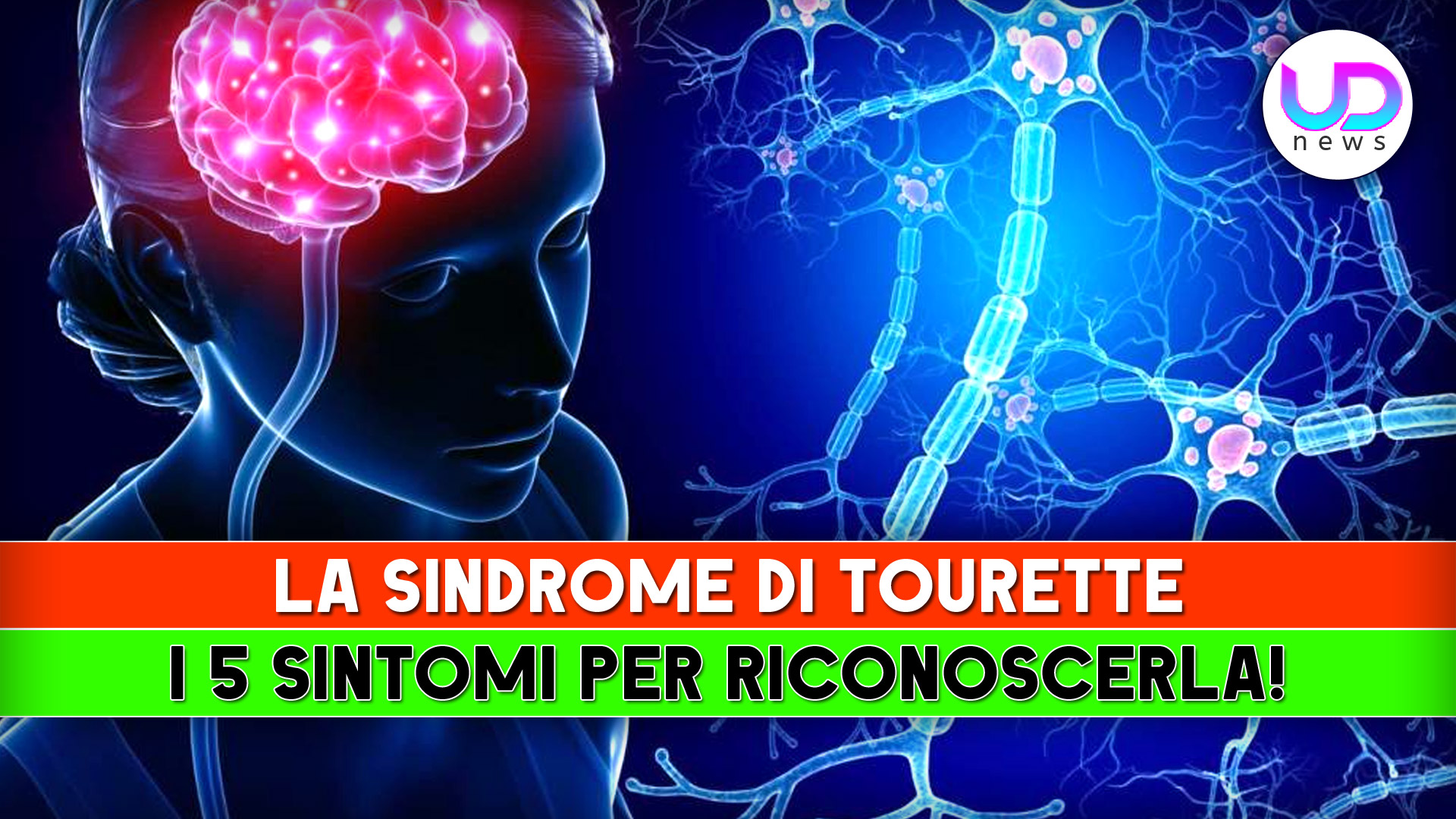Tourette syndrome is a neurological disorder with involuntary motor and vocal tics. It varies in intensity and may include repetitive movements and sounds. Here are the 5 symptoms to recognize it!
Tourette syndrome, also known as Tourette’s disorder, is a neurological disorder characterized by involuntary repetitive movements and vocalizations called tics. This syndrome is named after the French physician Georges Gilles de la Tourette, who first described it in 1885. The understanding of this disorder has evolved significantly over the years, allowing for more precise diagnoses and effective treatments. In this article, we will explore the causes, the main symptoms to recognize it and the treatments available for Tourette syndrome.
Cause
The exact cause of Tourette syndrome remains unknown, but research suggests a combination of genetic and environmental factors. Studies have identified some genetic variants that can increase the risk of developing the disorder, suggesting a strong hereditary component. Additionally, environmental factors such as complications during pregnancy, low birth weight, and infections may play a role in its development.
Symptoms to Recognize It
Identifying Tourette syndrome can be tricky due to the wide range of tics that can vary in intensity and frequency. However, there are five key symptoms to recognize it:
Simple Motor Tic: Sudden, brief movements that involve a limited group of muscles, such as blinking, shrugging, or grimacing.
Complex Motor Tic: More coordinated movements involving different muscle groups, such as hopping, repeatedly touching body parts, or making gestures.
Simple Vocal Tics: Sudden, short sounds, such as coughing, clearing the throat, or making nonverbal sounds.
Complex Vocal Tics: Words or phrases spoken involuntarily, which may include echolalia (repeating the words of others), coprolalia (involuntary use of swear words), and palilalia (repeating one’s own words).
Variability of Tics: Tics tend to vary over time in both frequency and type. They can be influenced by factors such as stress, anxiety, tiredness or intense emotions.
Cure
While there is no definitive cure for Tourette syndrome, several treatment strategies can help manage symptoms:
Medicines: Neuroleptic drugs such as risperidona and pimozide may be prescribed to reduce the severity of tics. Antidepressants and stimulants may also be used to treat co-occurring symptoms such as ADHD or obsession-compulsion.
Behavioral Therapy: Reversal habit therapy and exposure and response prevention therapy may be effective in reducing the frequency and intensity of tics.
Education and Support: Informing the patient, family, and surroundings about the nature of the disorder can help create a supportive environment that reduces the stress and anxiety associated with tics.
Surgical Operations: In extremely rare and severe cases, surgical interventions such as deep brain stimulation (DBS) may be considered.
Management of Tourette syndrome requires a holistic and personalized approach, taking into account the specific needs of the patient. With the proper support, many individuals with Tourette syndrome can lead productive and fulfilling lives. It is crucial to remember that the disorder varies greatly from person to person, and what works for one may not be effective for another.
